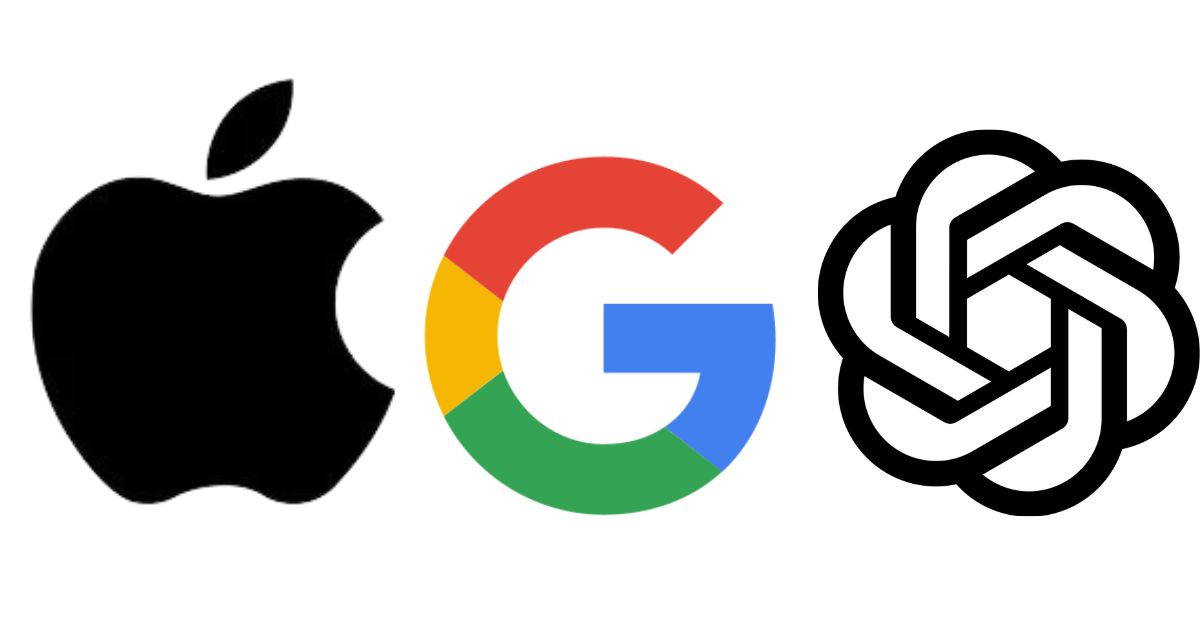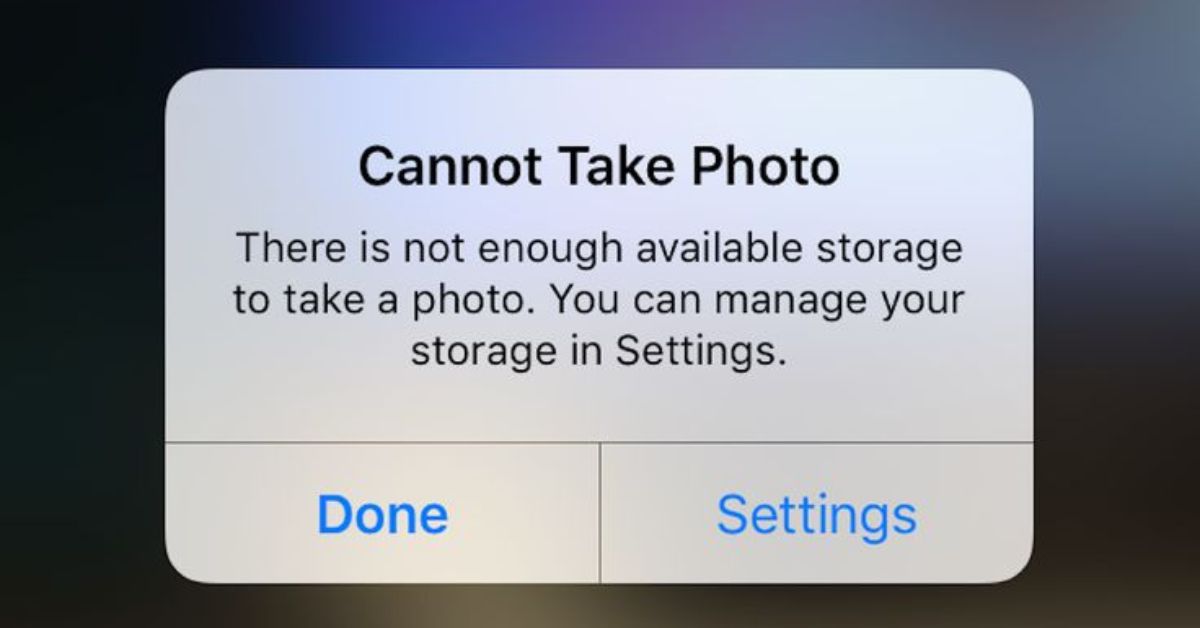The race to dominate artificial intelligence in 2025 has intensified, with Apple, Google, and OpenAI each pursuing distinct strategies to control the future of AI. Apple, traditionally cautious about AI, is now making bold moves to catch up. The company has deepened its partnership with OpenAI, integrating ChatGPT into iOS 18 to enhance Siri’s capabilities, with plans for a more advanced Siri by 2026. Apple is also exploring acquisitions, such as Perplexity, valued at $14 billion, to bolster its AI offerings. “We’re investing heavily in AI to deliver transformative experiences,” said Apple CEO Tim Cook during the WWDC keynote.
Google, a long-time AI leader, is embedding its Gemini model across its ecosystem, from Gmail to Android, powering features like email summaries and real-time translations. The company introduced AI Mode for Google Search, allowing conversational queries, a move to counter ChatGPT’s growing influence. Google’s cloud unit also secured a deal with OpenAI, providing tensor processing units to diversify OpenAI’s compute sources beyond Microsoft. “AI is redefining how people interact with technology,” Google CEO Sundar Pichai stated at the company’s developer conference.
OpenAI, the creator of ChatGPT, continues to lead in consumer AI, with over 500 million weekly users. Its GPT-4.5 model, launched in 2025, offers improved emotional intelligence, enhancing user interactions. OpenAI’s acquisition of Jony Ive’s AI startup for $6.5 billion signals a push into hardware, potentially challenging Apple’s ecosystem. The company is also developing an AI-powered browser to rival Google Chrome, aiming to integrate AI agents for tasks like booking reservations. “Our goal is to make AI seamless in everyday life,” said OpenAI CEO Sam Altman.
Key competitive strategies include:
- Apple’s Privacy Focus: Emphasizing on-device AI to protect user data.
- Google’s Integration: Embedding AI across its vast product suite.
- OpenAI’s Innovation: Rapidly deploying user-centric AI features.
As these tech giants vie for AI dominance, their moves in 2025 will shape how consumers and businesses interact with technology, with each company leveraging its strengths to define the future.
Author
-

Connor Walsh is a passionate tech analyst with a sharp eye for emerging technologies, AI developments, and gadget innovation. With over a decade of hands-on experience in the tech industry, Connor blends technical knowledge with an engaging writing style to decode the digital world for everyday readers. When he’s not testing the latest apps or reviewing smart devices, he’s exploring the future of tech with bold predictions and honest insights.







